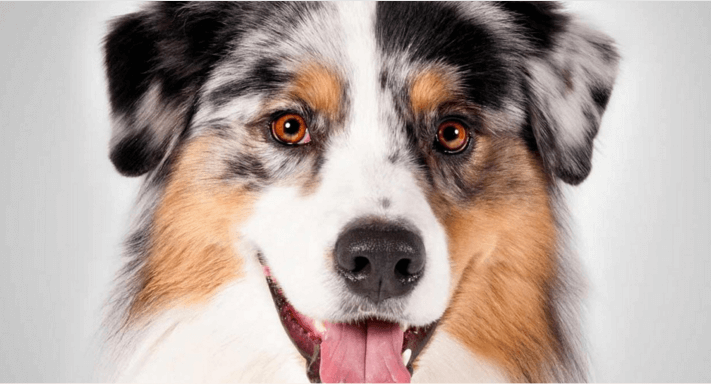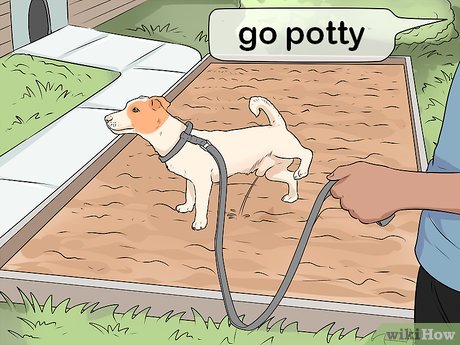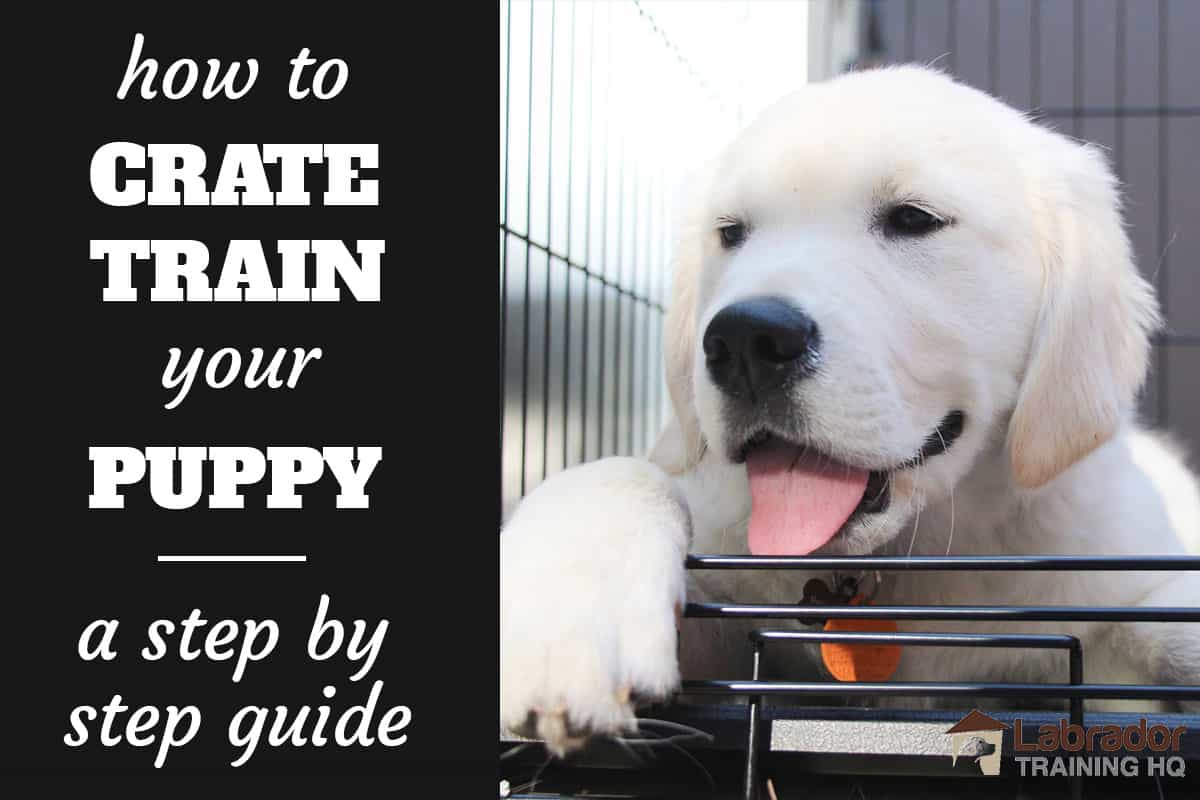
There are many reasons to have a Chicago dog trainer. You will have more control of your dog, and you can let your dog run unassisted at the park. You may need to help your dog get along with other dogs. A good dog trainer can help you solve your dog's problems. One of the options is (1) group training for well-socialized dog; (2) private lessons or training for aggressive dogs; (3) private training.
Pets should be socialized. A dog trainer can help your pup learn how to behave in public as well as at home. It's not unusual for a dog to bark at a stranger, but this is a common problem that should be solved by an experienced dog trainer. A Chicago-based dog trainer can provide training for any problem. A dog trainer can also ensure your dog is mentally stimulated.

Professional dog trainers can help you teach your dog more tricks and make him happy. Sophie Melissa Amphlett started her career as a volunteer at a shelter. She now trains service and rescue dogs as well as puppies. She employs positive reinforcement and uses a variety of training methods to help your dog learn new tricks. She is certified as a pet first aid trainer and a member of the Association of Professional Dog Trainers.
Chicago dog trainers will help you to improve your dog's behavior. She can provide private lessons at your house, group classes, as well as board-andtrain programs. She offers adult and puppy obedience training and can help you build your pet's character as a family member. A good Chicago dog trainer can help you achieve all of your training goals and make your life easier. Hiring a professional can bring you many benefits.
Dog trainers in Chicago are the most important choice for your pooch. The Association of Pet Dog Trainers should have a certified trainer. If you're unsure about the type of trainer you need, reviews can be found on Yelp as well as Angie's List. These are only a few of many benefits that Chicago professionals offer. They are a great choice because of their professional expertise.

Chicago dog trainers are available to help you if you have a passion in training dogs. Chicago dog trainers are able to help you and your pet socialize with other dogs. They are also able to train you how to handle difficult situations with your pooch. Many Chicago dog trainers offer private lessons. There are many different benefits to hiring a dog trainer. They can keep your pet fit and make sure they behave appropriately in a noisy environment.
FAQ
How to feed your pet?
Four times daily is the recommended amount of food for cats and dogs. Breakfast is usually dry kibble. Lunch is typically some kind of meat, such as chicken or beef. Dinner is typically a variety of vegetables such as broccoli and peas.
Cats have different dietary requirements. Canadian foods should be included in their diet. These include tuna salmon, sardines and chicken.
It is possible for your pet to enjoy fruits and veggies. They shouldn't be fed too often. Overeating can cause illness in cats.
Your pet shouldn't be allowed to drink straight out of the tap. Instead, allow him to drink from a bowl.
You should ensure that your pet is getting enough exercise. Exercise can help your pet lose weight. Exercise is good for his health.
You should clean up after your pet is fed. This will keep your pet safe from getting infected with bacteria.
Brush your pet often. Brushing dead skin cells can cause infection.
You should brush your pet at the very least once a week. Use a soft bristle toothbrush. Avoid using a wire brush. This could cause serious damage to your pet’s dental health.
When your pet eats, be sure to supervise him. He needs to chew his food properly. Otherwise, he could choke on pieces of bone.
Keep your pet away from garbage cans. This could cause serious health problems for your pet.
Don't leave your pet alone in an enclosed place. This includes cars, hot tubs, and boats.
How to train a pet?
The most important thing when training a dog or cat is consistency. It is important to be consistent with how you treat your pet. They will not trust you if you are rude or mean to them. They might start to believe that everyone is mean.
If you are inconsistent in treating them, they won't know what to expect from you. They could become anxious around other people if this happens.
The best way to teach a dog or cat is by using positive reinforcement. Positive reinforcement will make your pet want to continue doing the same thing.
If they are guilty of a crime, punishing them will be associated with bad behavior and not rewards.
Treats such as toys or food should be used to reinforce good behavior. You should also praise your behavior whenever you can.
To help your pet learn, clickers are a great tool. Clicking allows you to tap on a button and tell your pet that it was successful.
This works because the animals know that clicking is "good work".
Before teaching your pet tricks, first show it the trick. Then reward him by asking him to do the trick.
When he does it correctly, give him praise. Don't praise him too much. Make sure you only praise him once.
Also, it's important to set boundaries. It's important to set limits. You should also not allow your pet to bite strangers.
Be sure to keep your pet safe so he doesn't get hurt.
Should I get a puppy or a kitten?
It all depends on who you really are. Some people prefer puppies while others like kittens.
But, in general, puppies tend to be more active and playful. Kittens sleep a lot, and they are very gentle.
Both types require a lot from their owners. They will be able to grow quickly and require lots of care.
Regular medical checks will be required for them. You will need to take them to the vet regularly.
How often should I brush my dog?
Grooming your dog can be very important. It will keep your dog's coat healthy and clean.
Your dog needs to be brushed at least twice a week. You should brush him after each meal.
Brushing your dog’s fur will get rid dirt and hair. Brushing his teeth will help him look healthier.
And brushing his ears will help prevent ear infections.
What kind of food should my dog eat?
A healthy diet is essential for your dog.
High-protein foods include chicken, beef and fish as well as eggs and dairy products.
Other foods that are high in carbohydrates include fruits, vegetables, bread, cereals, pasta, rice, potatoes, and beans.
A variety of foods that are low-fat include lean meats (poultry, fish), nuts, seeds, legumes, and whole grain.
Always consult your veterinarian before feeding your dog different types of foods.
What are the things you should consider when buying a pet?
The first thing to consider is what kind of lifestyle you want for yourself and your family. Do you have any children? Do you have children? How old are they now? Are there any dietary restrictions?
Do you have any allergies? Do you have any other questions about your pet?
After answering these questions, consider whether you are looking for an active companion or a calm lap dog, a house-trained pet, or a tank of tropical fish.
If you are considering adopting a puppy from a shelter, rescue group or other organization, you should meet them and make sure that you feel comfortable with them.
You should also verify that the animal has been vaccinated to prevent rabies, and other diseases.
The owner should also be asked if the animal will be taken care of while you're away. This will allow you to leave your pet at home and not worry about it.
Remember that pets are part your family. If you don't like them, you shouldn’t adopt them.
What are the signs that my dog could be sick?
There are many symptoms that indicate that your dog is sick. You may notice the following symptoms:
-
Vomiting
-
Diarrhea
-
Lethargy
-
Fever
-
Weight loss
-
Appetite decrease
-
Coughing
-
Difficulty breathing
-
Bleeding around the nose
-
Urine or stool contaminated with blood
These are just a handful of examples. Your vet will know exactly what to look for.
Statistics
- Monthly costs are for a one-year-old female mixed-breed dog and an under one-year-old male domestic shorthair cat, respectively, in excellent health residing in Texas, with a $500 annual deductible, $5,000 annual benefit limit, and 90% reimbursement rate. (usnews.com)
- Reimbursement rates vary by insurer, but common rates range from 60% to 100% of your veterinary bill. (usnews.com)
- A 5% affiliation discount may apply to individuals who belong to select military, law enforcement, and service animal training organizations that have a relationship with Nationwide. (usnews.com)
- * Monthly costs are for a 1-year-old female mixed-breed dog and a male domestic shorthair cat less than a year old, respectively, in excellent health residing in Texas, with a $500 annual deductible, $5,000 annual benefit limit, and 90% reimbursement rate. (usnews.com)
- Here's a sobering reality: when you add up vaccinations, health exams, heartworm medications, litter, collars and leashes, food, and grooming, you can expect a bill of at least $1,000 a year, according to SSPCA. (bustle.com)
External Links
How To
The best way to teach a dog where he should go to urinate
Teaching your pet how to use the toilet correctly is essential. It's important to learn how to train them to use the toilet properly if your dog starts to venture outside. Here are some tips to help you teach your dog how to use the bathroom properly.
-
It's important to begin training as early as possible. Start training now if you don't want to have any accidents in playtime.
-
Give your pet food rewards. Your pet will be more successful if you give them a reward after each successful trip.
-
Keep treats out of the areas where your pooch pees. You might cause your pooch to associate urine smell with his favorite treat.
-
Make sure there isn't another animal around before letting your dog out. Dogs may be influenced by the behavior of others who relieve themselves.
-
Be patient. Your puppy might take a bit longer to figure things out than a fully grown adult.
-
Let your dog sniff everything before allowing her to step into the bathroom. She will be more successful if she is able to smell the toilet before entering.
-
When you are doing business, your dog should not be allowed to sit next to the toilet. This could cause confusion.
-
Once you're finished, wipe down the toilet bowl and the floor. These areas will serve as reminders of what you need to do next.
-
All messes should be cleaned up immediately. Make sure your dog is completely clean after an accident. Otherwise, he might make a second attempt at relieving himself.